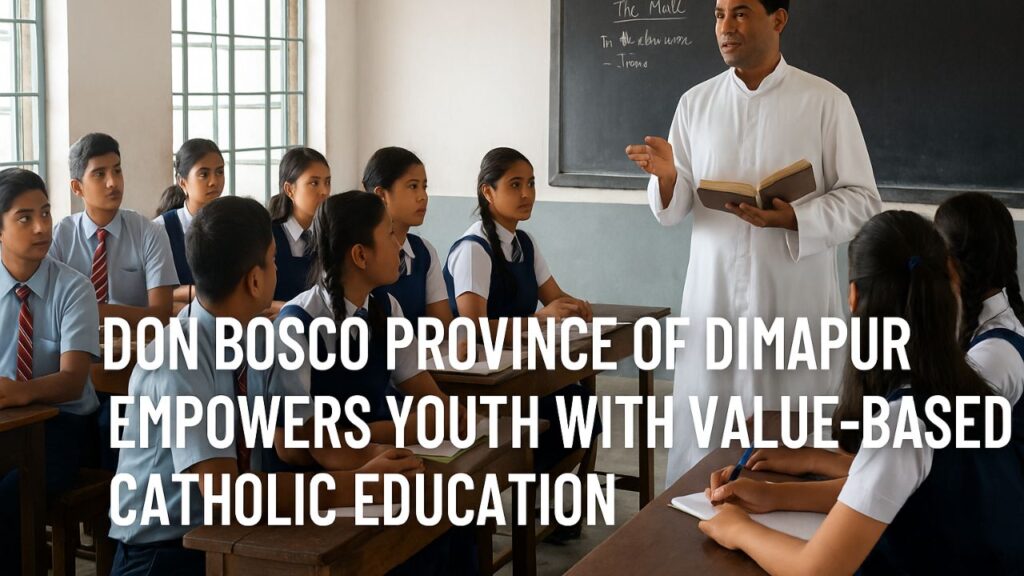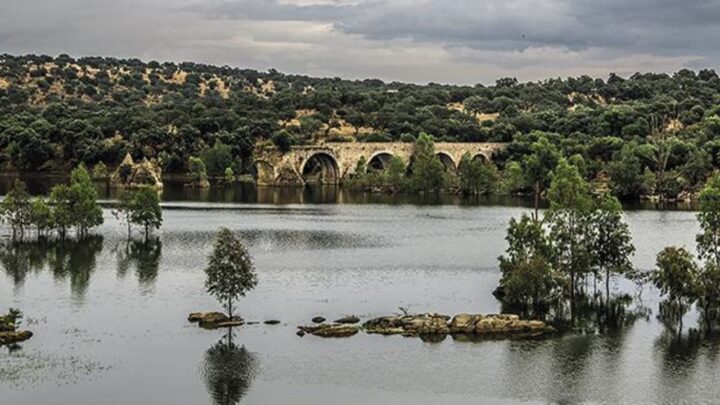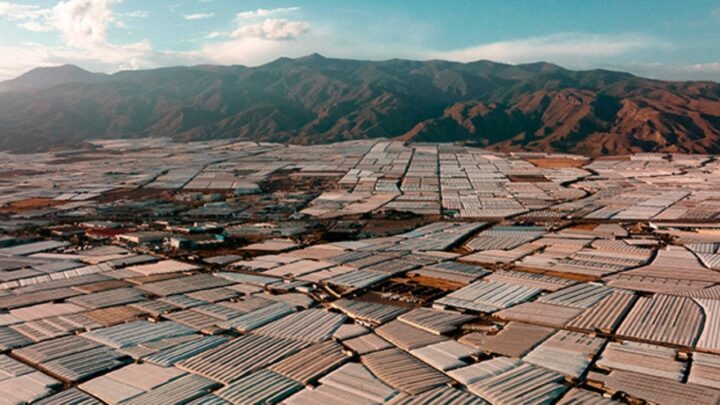Almería’s Municipalities – In a region where every drop counts, the Mancomunidad Bajo Andarax has emerged as a leading force in promoting sustainable water practices across Almería’s municipalities. This union of local councils, situated in southeastern Spain, has taken strategic and community-centered steps to tackle the region’s growing water scarcity concerns, agricultural dependence, and climate challenges. From implementing advanced irrigation systems to promoting citizen awareness, the Mancomunidad’s coordinated efforts exemplify how local governments can collaborate for long-term water resilience.Almería, known for its semi-arid climate and agricultural productivity, faces a delicate balance between water consumption and environmental preservation. The municipalities within Bajo Andarax — including Benahadux, Gádor, Huércal de Almería, Pechina, Rioja, Santa Fe de Mondújar, and Viator — are especially reliant on efficient water governance due to their dependence on both residential use and greenhouse-based farming. Recognizing the urgent need for action, the Mancomunidad has united these communities under one water sustainability vision.

Sustainable Water Projects Rolled Out in Bajo Andarax
Over the past decade, the Mancomunidad has launched several successful initiatives that directly address local water challenges.
- Installation of smart irrigation networks across key agricultural zones
- Deployment of leak detection technologies in municipal water supply lines
- Revamp of old pipelines to reduce water waste
- Integration of solar-powered water pumping systems
- Rainwater harvesting pilots in schools and public buildings
- River restoration programs to maintain ecosystem balance
- Partnerships with EU-funded programs for technical and financial support
These initiatives not only reduce water consumption but also ensure long-term environmental balance for future generations in Almería.
 Weekend Rain Alert September 2025 – Heavy Rainfall to Impact Several South African Regions
Weekend Rain Alert September 2025 – Heavy Rainfall to Impact Several South African Regions
Modern Irrigation Technology Benefits Local Farmers
Local agriculture — primarily olive groves, citrus farms, and greenhouse crops — heavily depends on water efficiency. The Mancomunidad has helped farmers transition to modern irrigation methods.
Key Upgrades Made:
- Drip irrigation replacing traditional flood irrigation
- Use of moisture sensors to prevent overwatering
- Introduction of mobile apps for irrigation scheduling
- Centralized monitoring of water usage across farms
- Training workshops for farmers on climate-smart agriculture
These improvements have led to up to 40% water savings in some areas and helped farmers increase crop yield while lowering water bills.

Educational Campaigns to Raise Community Awareness
Water conservation is not limited to policy and infrastructure. Public participation plays a crucial role. The Mancomunidad has rolled out region-wide educational campaigns to foster behavioral change.
Awareness Drives Across Communities:
- School programs promoting water-saving habits among students
- Public service announcements on radio and local TV
- Competitions encouraging water-saving innovation
- Installation of water meters with usage feedback for households
- Leaflets and workshops on greywater reuse and water-efficient appliances
Residents have shown a marked increase in water-conscious behaviors, contributing to overall regional savings.
Environmental Monitoring and Data-Driven Policies
Data plays a vital role in identifying problems and designing solutions. The Mancomunidad now uses digital tools to monitor water usage, wastage, and source levels.
Digital Transformation in Water Management
- Real-time data collection through IoT sensors
- Monthly water quality and consumption reports
- Predictive modeling to forecast drought risk
- GIS mapping to locate high-consumption zones
- Citizen portals for accessing water reports
These efforts allow faster response to leakages, better drought preparedness, and more transparent governance.

Collaborations That Strengthen Impact
Recognizing that water sustainability requires multi-level cooperation, the Mancomunidad actively partners with national, regional, and international bodies.
 Youth Support Grant R12,500 September 2025 – Applicants Advised to Prepare Documents Early
Youth Support Grant R12,500 September 2025 – Applicants Advised to Prepare Documents Early
Strategic Partnerships Include:
- Junta de Andalucía – for technical support and funding
- EU Horizon Projects – for research and development
- Local universities – for environmental studies and pilot testing
- NGOs – for community outreach and ecological conservation
- Private sector – for infrastructure modernization
These partnerships bring additional expertise, innovation, and investment into Bajo Andarax’s sustainability mission.
Long-Term Vision for Climate-Resilient Municipalities
Looking forward, the Mancomunidad Bajo Andarax has laid out a clear roadmap for becoming one of Spain’s most climate-resilient regions.
Future Goals Set by the Mancomunidad:
- Achieve 25% reduction in overall water consumption by 2030
- Shift 80% of agriculture to water-efficient practices
- Expand rainwater harvesting to all public buildings
- Launch desalination pilot projects using renewable energy
- Promote climate education in school curricula
- Restore 100% of local wetlands by 2035
Through consistent action and community engagement, Bajo Andarax is setting a national example for water-wise development.
FAQs
Q1. What is the Mancomunidad Bajo Andarax?
A1. It is a coalition of municipalities in Almería working together on water sustainability, infrastructure, and public services.
Q2. Why is water sustainability important in Almería?
A2. Almería faces water scarcity due to its semi-arid climate and high agricultural demand, making water conservation essential.
Q3. How are farmers involved in water-saving projects?
A3. Farmers have adopted drip irrigation, mobile water scheduling, and participated in training programs organized by the Mancomunidad.
Q4. What role do schools play in this campaign?
A4. Schools are part of awareness drives, rainwater harvesting pilots, and programs that teach children water-saving habits.
Q5. How can residents track their water usage?
A5. Households are being equipped with smart water meters and can also access consumption reports via the citizen portal.



